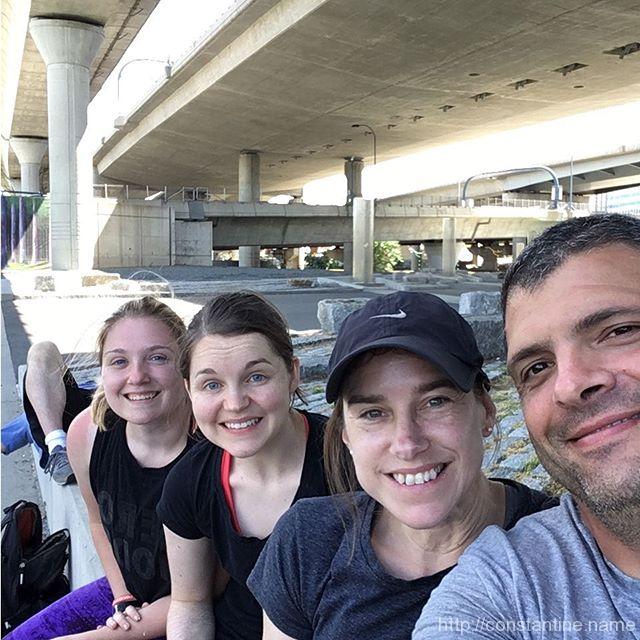Intermittent Fasting (IF)
With any form of IF, you can get the same physiological benefits. The key is to find a form/style of fasting that works for you and which yields the results you want. No matter what you do, it requires [what may be] a whole new level of paying attention to your body; how you feel, how much you weigh, how strong you feel, how sharp your mind seems, etc. IF is putting your food consumption and internal eating-related systems on manual. That can be great, or it can be a car crash.
I’ve come to realize that the style of fasting I do is not actually me “doing something”, but rather me living in tune with my body. The way I ate previously was automated and not healthy. I started IF as a project, and now it’s simply more normal and healthy than they way I used to eat.
Misinformation
“Starvation mode” is not something you have to worry about with any of these short-term fasts. You’re not going to lose muscle (especially if you continue training or weight lifting). You certainly can exercise in the fasted state; I do just that all the time. I don’t eat until Noon and I’ve done all sort of ranges of activity in the fasted state.
Oversimplified
Cells prefer to run on glucose. Things like muscles store some glucose internally and use that initially because it’s readily available. Some cells (notably, your brain cells) don’t store glucose and must have glucose from the blood. The liver stores glucose and releases it into the blood when glucose levels drop. When the liver runs low on stored glucose, it creates glucose from fat. In that process, the liver also create ketones (small, simple, alcohol-like molecules) which get dumped into the blood and will be removed by the kidneys or expelled in the breath.
Counterintuitively, some processes in your body (e.g., your heart muscle) operate more efficiently in the fasted state. When the liver adds ketones to the blood, your brain and heart prefer ketones as an energy source, which reduces your need for glucose to be produced by the liver. (If you do the deep dive on the biochemistry, it turns out that per joule stored in glucose versus in ketones, the heart can do more work per joule when using the ketones.) There is also a pronounced mental “feeling” of thinking sharper when your brain is using ketones. “ketone hacking” is an entire universe of people, information, podcasts…
What to Eat
Fasting is all about WHEN or HOW MUCH to eat. What to eat is a whole additional discussion. Some of the things you’ll read talk about what to eat, but I recommend initially focusing only on the when and how-much of eating. Then on subsequent reading and study, you could look at what you are eating and adjust that within the framework you’re settling on.
Types of IF
Aside from the various religious fasting prescriptions, there are two main variations: “eat, stop, eat” (ESE) and “16/8”. ESE is where you fast for a 24 hour period, once or twice per week. With “16/8” you fast 16 hours every day and have an 8 hour eating window.
I prefer the 16/8 because I like the regular schedule and I can always have lunch/dinner with people. (Most people don’t even notice I’m actually fasting in the morning.)
Ready?
So that’s my overly-simplified introduction to the actual introductions to IF. I suggest starting here:
Intermittent Fasting: A Beginner’s Guide | The Art of Manliness
Intermittent Fasting – Craig Constantine
ɕ









